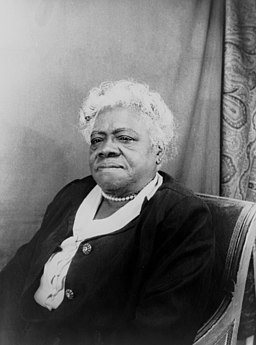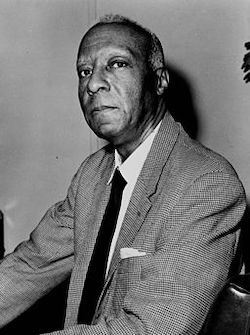For each “Black Rosie” who served honorably, bravely, and fittingly under difficult circumstances. 🌹
Black women or Black Rosies were the unacknowledged heroines on the domestic front during World War 2.
Furious opposition to hiring black women came from all corners of the defense industry – airplane, shipbuilding, armored vehicle, automobile, machine-tool, and atomic. It seemed that the captains of industry (acting contrary to the title) attempted to maintain racist dogma in the midst of the country’s greatest crisis. Their actions revealed willingness to derail democracy at home while fighting for it overseas.
Black women were denied the opportunity to work even when the demand for every available worker loomed large and wide. The plan deliberately excluded them from sharing more than $340 billion (that’s $5.4 trillion in adjusted 2022 dollars) that the U.S. government – their government – eventually expended on the war.
There was no political support for the women, either, from the highest offices of the nation including the president.
Knocking Down the Door

Black leaders and civil rights activists agitated for an end to this treatment. Humanitarian and womanist, Mary McLeod Bethune, and labor unionist, A. Philip Randolph, relentlessly fought for black women’s right to employment in the defense plants. They eventually won executive order 8802* that “overcame” resistance to hire them.
It opened factory doors for over 600,000 black women to participate in the war effort and get paid like all other citizen workers.

The new hires worked long hours in plants and factories manufacturing munitions, airplanes, ships, and tanks. Daily exposure to metals, plastics, chemicals, wood, hazardous waste, and experimental manufacturing processes presented constant dangers. The women faced harsh factory work conditions and relocations in an ever-present racial storm. Compounding that, they experienced harassment, unwanted sexual advances, and housing discrimination.
And still they rose.
Black Rosies Did Not Wilt
The women expanded their work experience. They made more money than the average soldier. Many felt a direct connection (and competition) to their soldier-husbands, brothers, and sons through their work.
They were able to free themselves from exploitative domestic work and raise their standard of living, relatively speaking.
It signified, in the moment, the de-escalation of old conduct and hope for a better future.
The situation was not utopia. The women suffered wage and benefits theft, medical, physical and emotional abuse and neglect. They were disrespected and made to feel inferior to other human beings. Yet, the Black Rosies held steady and maintained a quiet strength and sweet dignity that bolstered themselves and their communities.
Importantly, their legacy echoes across the country, around the world, and into space.
Read a few of their stories, here and here and here.
•

Shirley J ♥️
———
*signed by President Roosevelt on June 25, 1941 to prohibit ethnic or racial discrimination in the nation’s defense industry.
Wages for skilled workers:
| 1944 | 2022 (adjusted) | |
| Women | $31.21 per week** | $494.40 |
| Men | $54.65 per week** | $865.71 |
In 1944, army privates serving in World War II made $50 per month, or $792.05 in 2022 dollars.
**source: The Home Front and Beyond: American Women in the 1940s, by Susan Hartmann (1984)
Image source for Mary McLeod Bethune and A. Philip Randolph: Wikimedia Commons

